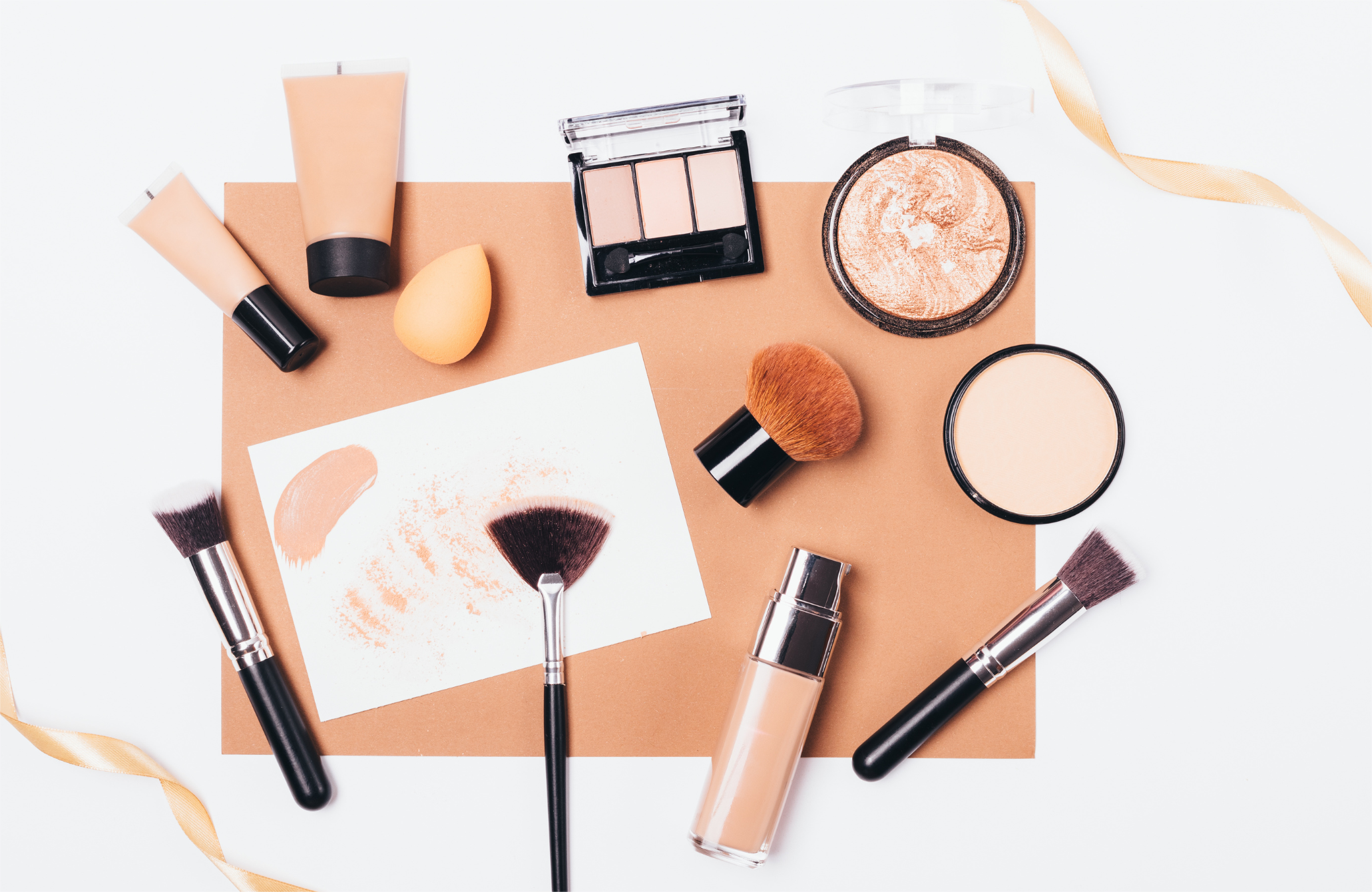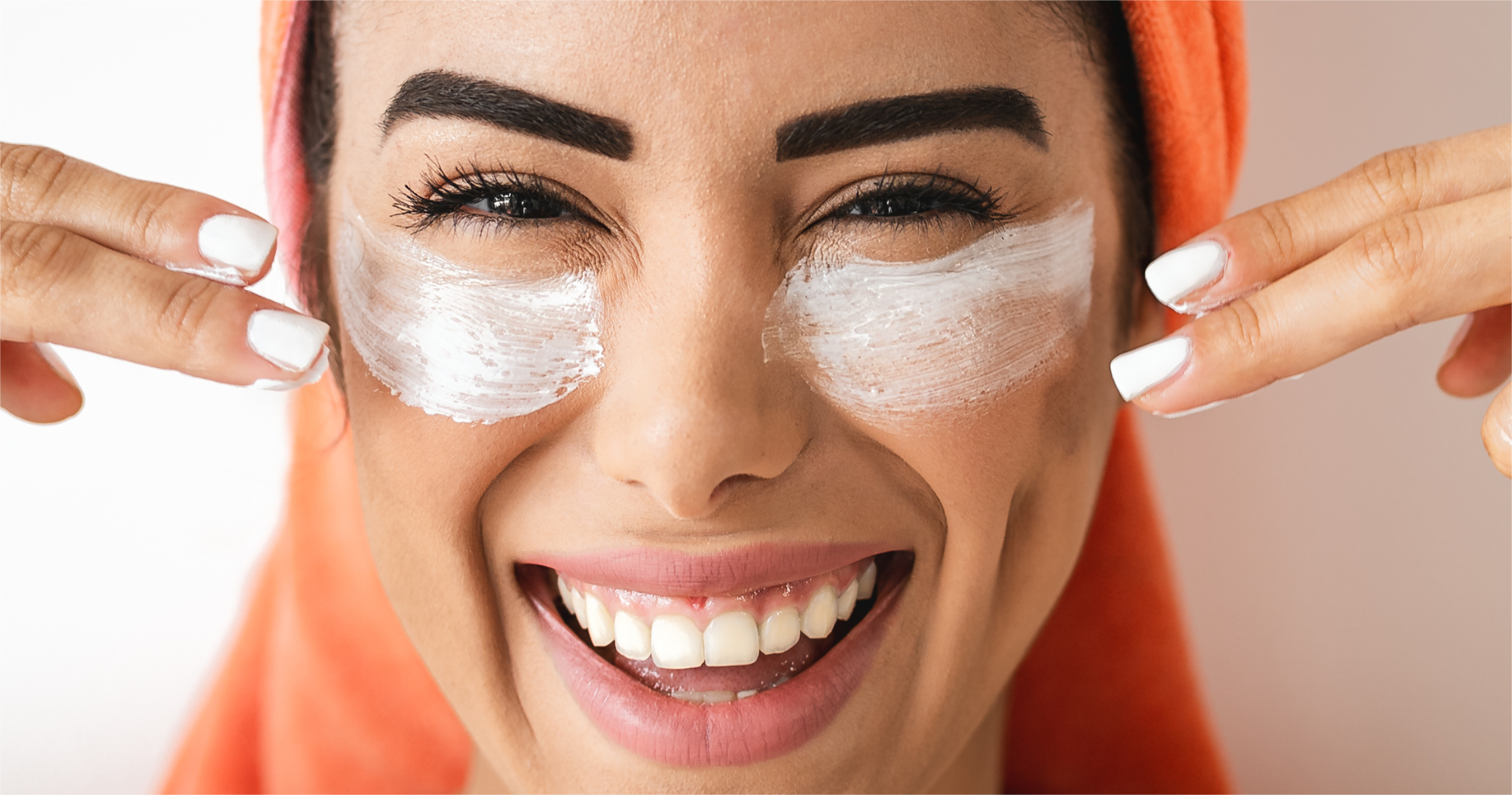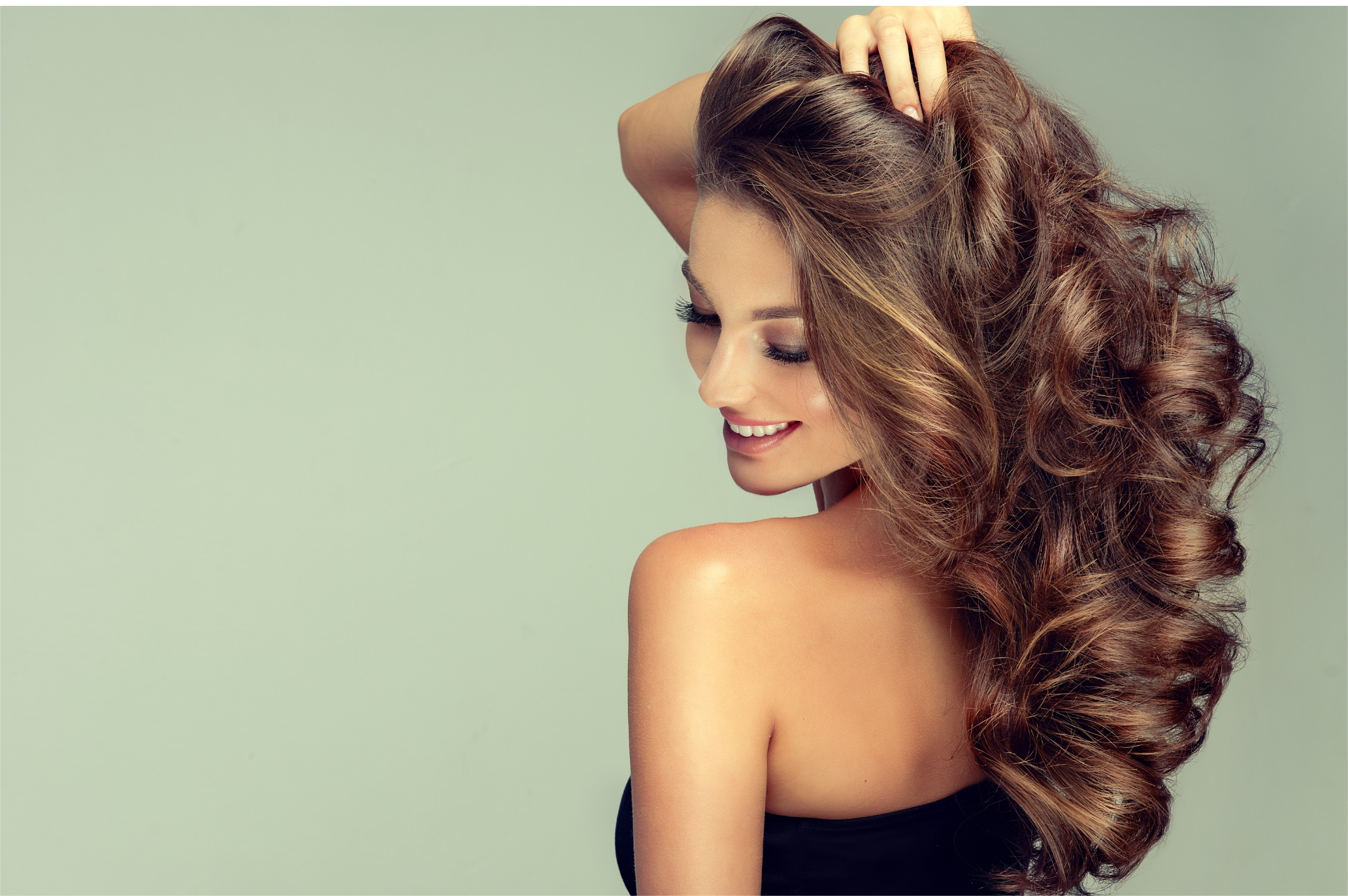
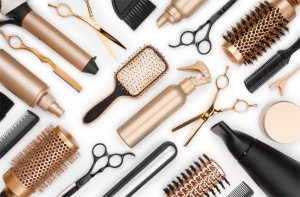
Healthy hair defines our personal style and image to a great extent. However, we often neglect hair care for various reasons, or simply follow some traditional or outdated hair care habits without taking proper care of our hair type. In this article, I will detail how to determine your hair type, how to target care, and how to develop better hair care habits in your daily life.
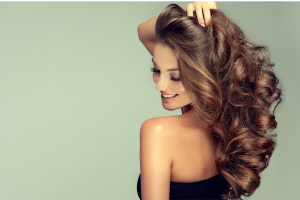
First, determining your hair type is crucial. Hair type depends on three variables: hair texture, curl, and oil content. Texture can be broadly categorized as fine, medium and coarse; curl is categorized as straight, wavy, curly and tightly curled; and oil content is categorized as dry, normal and oily. By comparing your own hair with the characteristics of the various hair categories, you can determine your hair type. For example, rough, lackluster and easily breakable hair may indicate that your hair is dry, while smooth, greasy-looking hair may indicate that your hair is oily.
Once you know your hair type, you can choose products that are specific to your hair type, such as moisturizing and repairing shampoos and conditioners for dry hair, and refreshing and balancing products for oily hair.
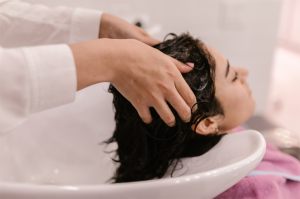
To properly care for your hair, the most critical first step is to wash your hair correctly, specifically for each step, first wet your hair with warm water, then apply the shampoo evenly to your hair, massage gently, and then rinse thoroughly. Always make sure that the shampoo is rinsed out completely, as it can lead to an itchy scalp and dry hair if the shampoo remains on the scalp and hair. Conditioner, on the other hand, should be applied mainly to the midsection and ends of the hair, avoiding contact with the scalp as that can lead to an overly oily scalp. After washing your hair, it is best to use a slightly damp towel to gently wipe your hair instead of rubbing it vigorously as this can damage it.
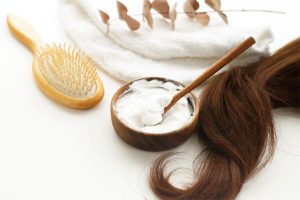
In addition to proper shampooing and conditioning steps, diet also has a big impact on hair health. It is important to eat foods rich in protein, iron, vitamins A, C, E, and Omega-3 fatty acids, all of which help hair stay healthy. Some of the foods such as nuts, fish, chicken, vegetables and fruits contribute to healthy hair.
Similarly, proper exercise and enough sleep promote healthy hair as they both help the body’s metabolism and blood circulation, which in turn improves the condition of the scalp and hair. Sitting for long hours or not getting enough sleep can lead to inadequate blood circulation in the scalp, which in turn leads to hair fall.
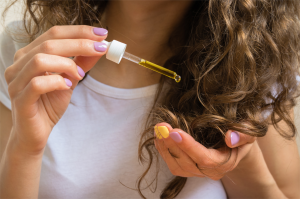
Regular hair trimming is also necessary to get rid of split ends and broken hair, making it look healthier and easier to manage on a daily basis. In addition, try to avoid operations such as excessive heat, hair coloring, and blow drying, as they can all be damaging to the hair.
Of course, everyone’s hair is unique, so the exact method of hair care will vary. But no matter what your hair type is, if you take care of it in the right way and treat it with love, then you are sure to have healthy, beautiful hair. In short, it is only by knowing our hair that we can make targeted treatments. And by being willing to take the time to care for your hair, you are also taking care of yourself, giving yourself more confidence and courage to face the world.






